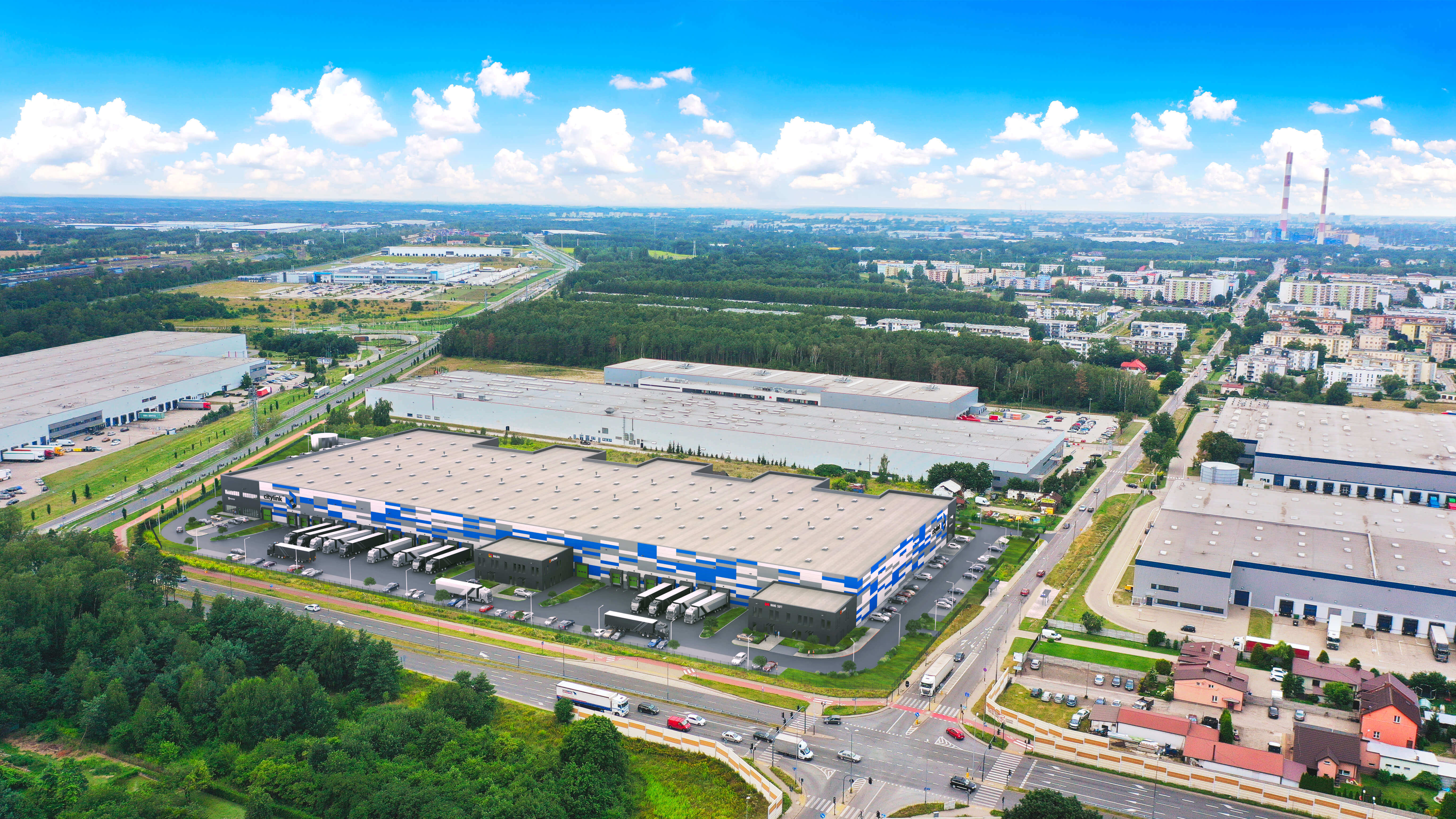
Warehouses can benefit. Companies for the continuity of supply shipping business to EU
What long-term effects will the coronavirus pandemic bring and how will it affect the storage industry? The first signals indicate that the demand for small warehouse spaces, but with great locations is still growing. Even more so since shopping is moving toward the Internet, and the speed of delivery can become an element of competitiveness. – “Problems with financing projects that have not yet been built may be a threat to the growth of the SBU-type warehouse market and the entire economy,” Citylink experts comment on PropertyNews.pl.
“I’m not worried about the Small Business Unit warehouses, which are located within large cities and which are to deliver goods as soon as possible to the final buyer,” emphasizes Michał Starybrat of Citylink’s development director. ” Now, when the majority of Polish citizens should stay at home for the period of general quarantine, when large shopping malls are closed and purchases are carried out mainly via the Internet, the e-commerce industry will definitely gain. Demand for a small area, but with a great location is still growing and we forecast that the current pandemic crisis will not have a negative impact on this increase. Online stores will be able to compete not only with the price of the product, but also with the speed of delivery to the consumer,” notes expert Citylink.
The depth and consequences of the economic turmoil caused by the coronavirus will be determined by factors that are currently difficult to assess. It is primarily the length of the pandemic that is at question. The situation will also be affected by the anti-crisis shield and the scope of the assistance package being developed by the government. – “Problems with financing projects that have not yet been built may be a threat to the growth of the SBU warehouse market and the entire economy. In the current situation, we do not know when the banks will start to actively finance new investments. The situation is, as we all know, very dynamic,” emphasizes Daniel Pałasz, financial director of Citylink.
The warehouse market does not seem to be at risk. An optimistic perspective can be seen in front of it. “Most of the assumptions that were the basis of our decision to invest in small urban warehouses are still valid. The dynamic development of e-commerce, re-industrialization in Europe, increase in the value of land in urban locations, environmental friendliness of SBU facilities in a broad sense, e.g. by access to public transport, a relatively low risk due to the diversification of tenants and finally satisfying the needs of tenants who often occupy areas today not meeting the standards of modern economy. This has an effect on the fact that the warehouse industry is unlikely to be influenced by the crisis,” predicts Daniel Pałasz. He emphasizes that the trend of re-industrialization or an increase in e-commerce even at the present time can significantly strengthen it. “Companies taught by today’s difficult situation, wanting to maintain continuity of supply, are beginning to transfer business from” world factories “(including China) to the European Union. This will result in increased demand for warehouse space for light production,” he argues.
Citylink representative emphasizes that he does not see panic in his tenants. “Rather, most of them are continuing talks aimed at closing the contracts,” he informs. “Of course, there are industries that will be more affected by this crisis and these tenants will become acquainted with the very dynamic situation for now, trying to predict what may happen in a moment and adapt their actions to it. We consider each case individually and understand the needs and threats of a given industry,” sums up Michał Starybrat.
On the distinguishing picture: Daniel Pałasz Financial Director Citylink
Source of info: PropertyNews.pl







